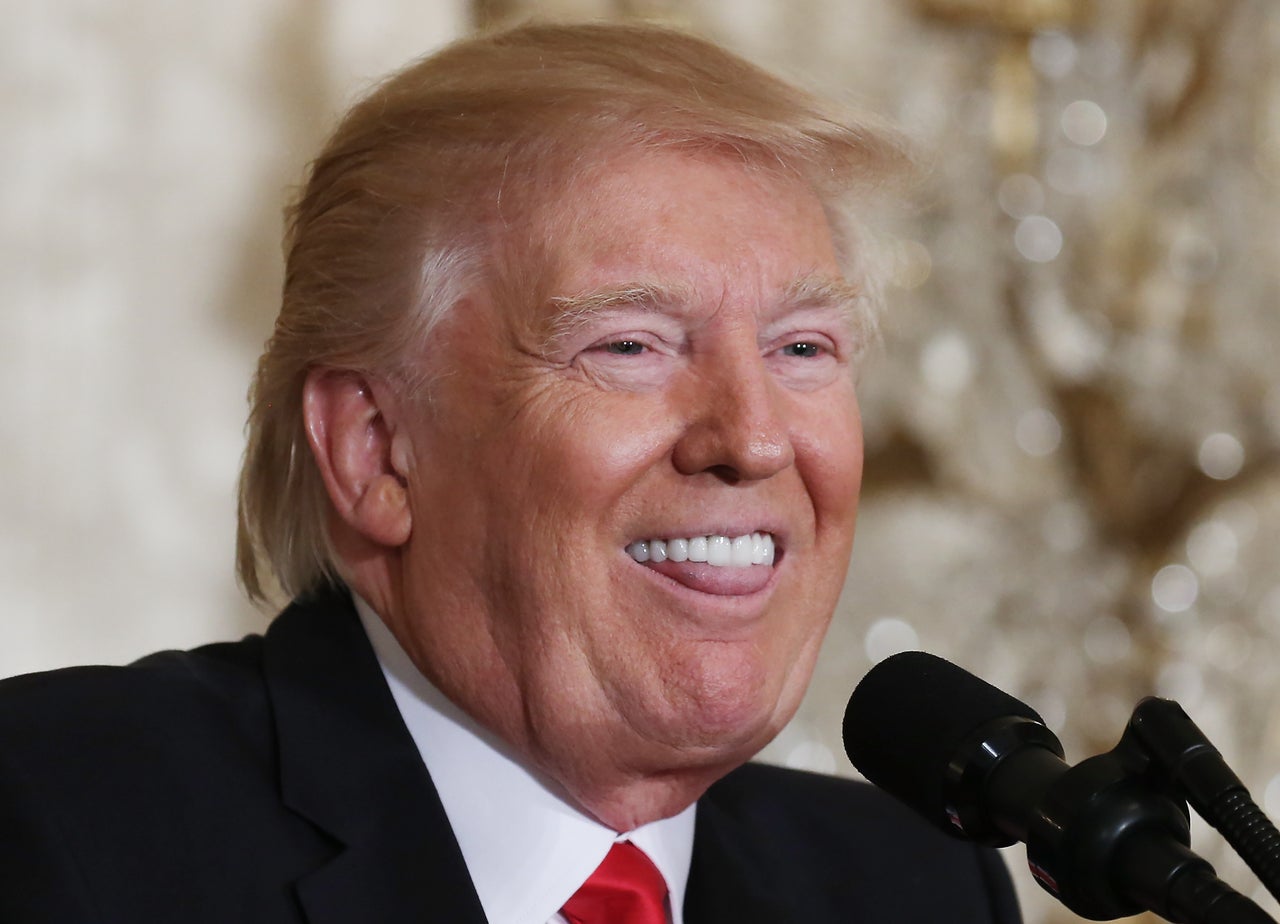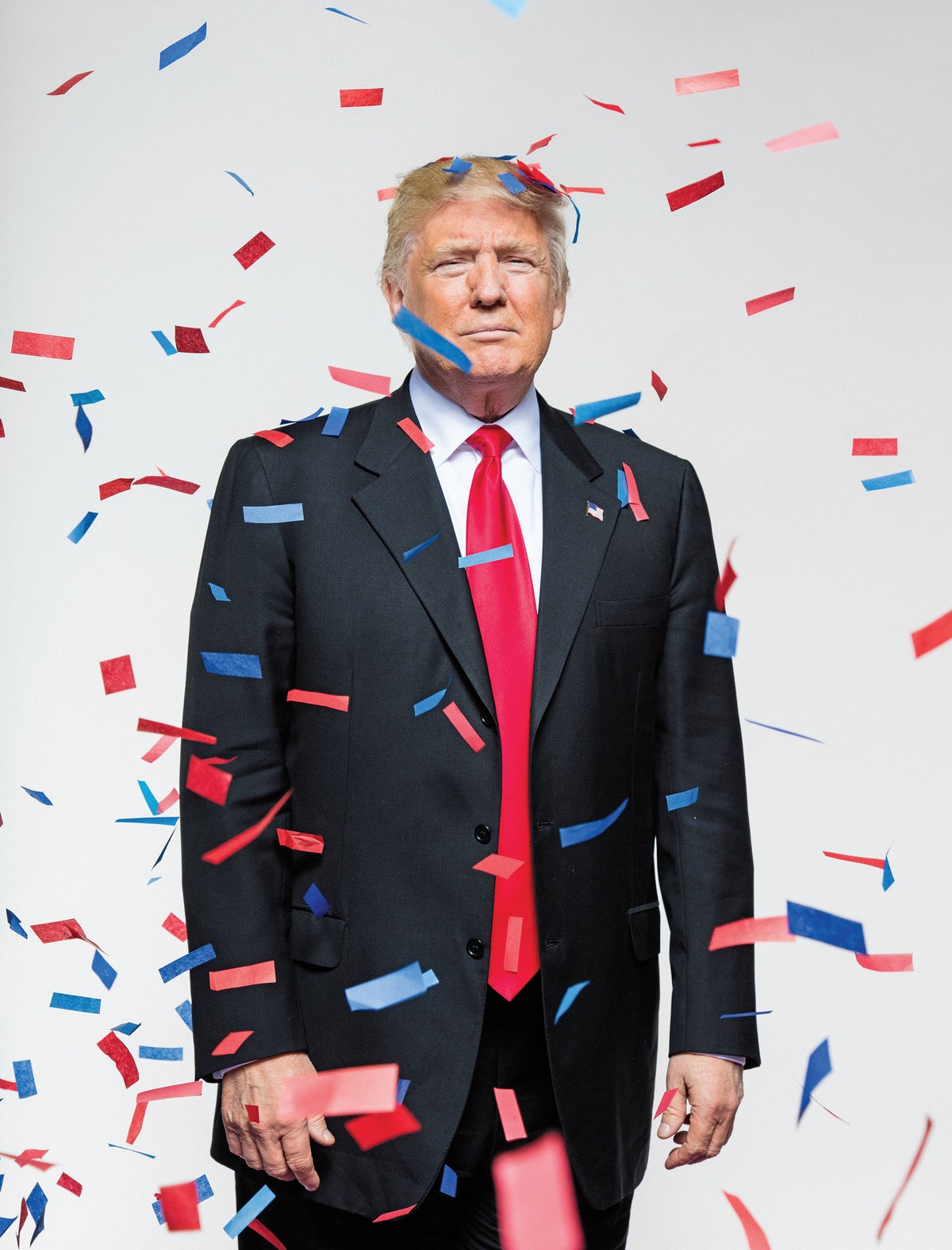Sixties Fan
Diamond Member
- Mar 6, 2017
- 54,446
- 10,503
- 2,140
- Thread starter
- #161
When Trump started calling Covid 19 the China Virus, it started attacks on Asians. Believe what you will.Nonsenese on many levels. Two big ones.
1. It was the REALITY of the Chinese Goverment involvement that drove the very low level of violence.
2. It was not Trump followers that attacked Asains.
If you make a claim like that, the very next sentence should be a quote supporting it. INstead,
Instead we have unsupported assertions. That is... a sign of propaganda, not serious writing.
It is also worth nothing that your cut and paste also includes teh CONSTANTLY debunked claim that Trump refused to denounce neo-nazis.
Your source is clearly.... not valid.
It is all recorded, live and in color.
He used the term around March 15, 2020 on tweeter. From then on, attacks on Asians grew.
Coincidence? Not quite.
Trump never denounced the Neo nazis. He said that there were" Fine People On Both Sides". Only Nazis and Neo Nazis think that there are fine people amongst them. Their cause is just.
But Trump, who is not a Neo Nazi, could not denounce the violence created by the Nazis at a peaceful protest rally.
-------------
As Tim Murphy wrote in Mother Jones: “There was a reason David Duke immediately thanked Trump for his ‘honesty & courage’ afterwards. There’s a reason why so many Republicans who have otherwise had Trump’s back felt compelled to criticize him then. Trump ‘messed up,’ said then-House Speaker Paul Ryan. Senate Majority Leader Mitch McConnell issued a statement saying ‘there are no good neo-Nazis.’ Sen. Tim Scott (R-S.C.) visited the White House to explain to the president why Trump’s comments were ‘painful.’”
Even the stalwart Trump bootlicker Sen. Lindsey Graham said the speech made white nationalists and other extremists “believe Mr. Trump is sympathetic to their cause.”
Are all of these Trump loyalists and Republican bigwigs secret MSNBC-watching liberal Hillary-bots? Or were they responding to what transpired in plain sight?
At best, the “very fine people” that existed in Trump’s imagination would have been marching alongside a host of obvious scumbags—those that were carrying Confederate flagsand assorted Nazi and fashy swag—screaming about world-controlling Jews and threatening violence.
If you march in public in common cause with actual Nazis, because you love that Robert E. Lee statue so gosh-darn much, are you really a very fine person?
--
There’s not a word about such “very fine people” in the almost-200 page independent report on that awful weekend in August 2017. And Robert Tracinski, a conservative writer for The Bulwark, wrote: “I live in the Charlottesville area, and I know very fine people who oppose the removal of the monuments based on high-minded notions about preserving history. I’m one of them. So I know that we weren’t there that night. Only the white nationalists were there.”
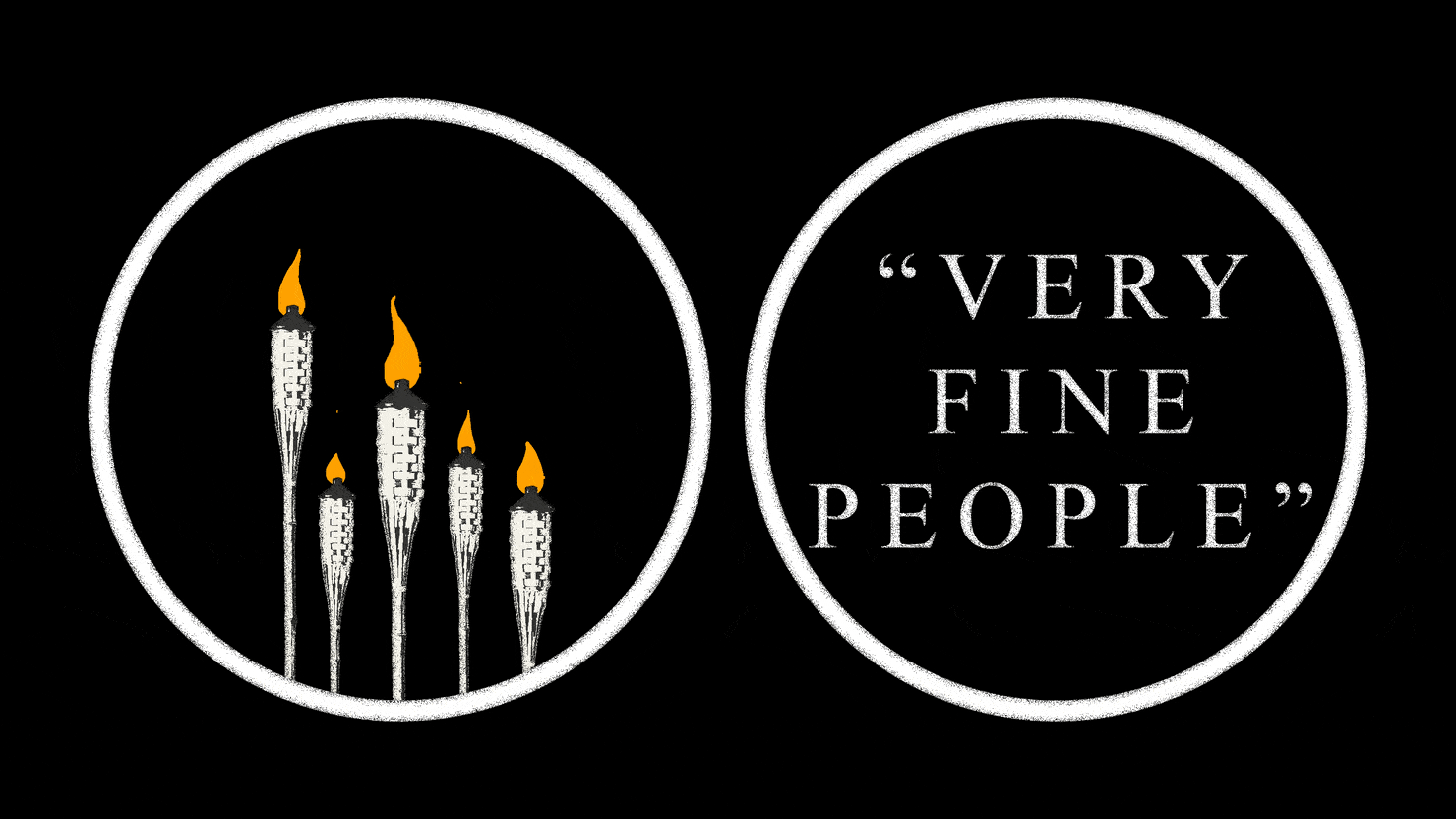
It’s Not a ‘Hoax’—Trump’s ‘Very Fine People’ Did Not Exist
The right’s revisionist history that Trump unequivocally denounced the neo-Nazis is bullsh*t. He invented fictitious “regular” folks protesting over a Robert E. Lee statue.
www.thedailybeast.com
------------------------
Donald Trump has referred to the coronavirus as “the Chinese virus”, escalating a deepening US-China diplomatic spat over the outbreak.
After giving an address on Monday warning of a possible recession, the US president posted on Twitter: “The United States will be powerfully supporting those industries, like Airlines and others, that are particularly affected by the Chinese Virus. We will be stronger than ever before!”
China’s foreign ministry spokesman Geng Shuang said Trump should take care of his own matters first. “Some US politicians have tried to stigmatise China … which China strongly condemns,” he said at a press briefing on Tuesday. “We urge the US to stop this despicable practice. We are very angry and strongly oppose it [the tweet].”
The World Health Organization has advised against terms that link the virus to China or the city of Wuhan, where it was first detected, in order to avoid discrimination or stigmatisation.
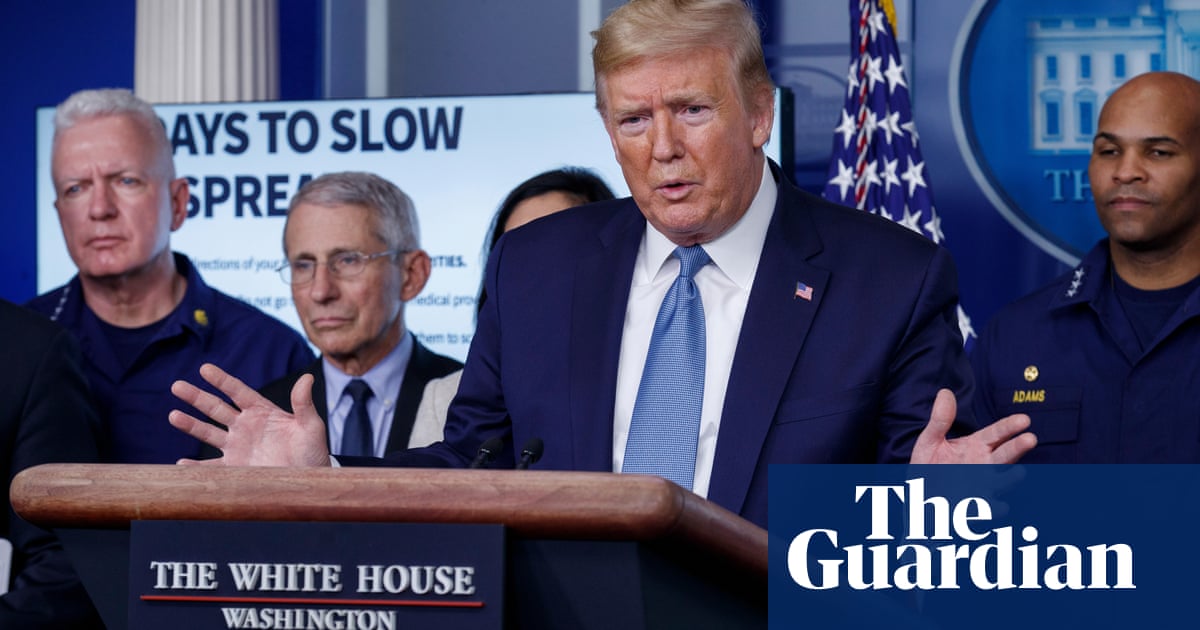
Trump sparks anger by calling coronavirus the 'Chinese virus'
China’s foreign ministry says US president should ‘stop this despicable practice’
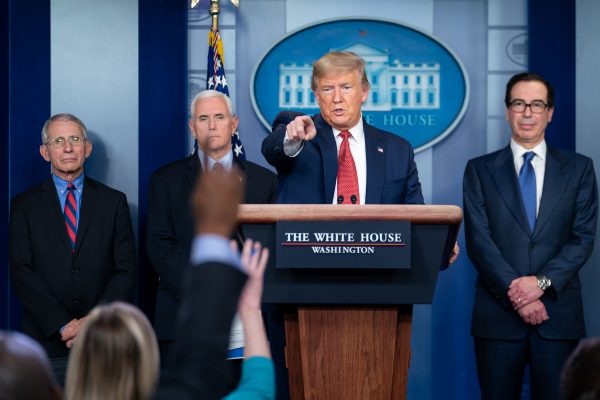
How Trump Fueled Anti-Asian Violence in America
Trump’s encouragement of white supremacy and his strident anti-China rhetoric proved a toxic combination for Asian Americans.
thediplomat.com
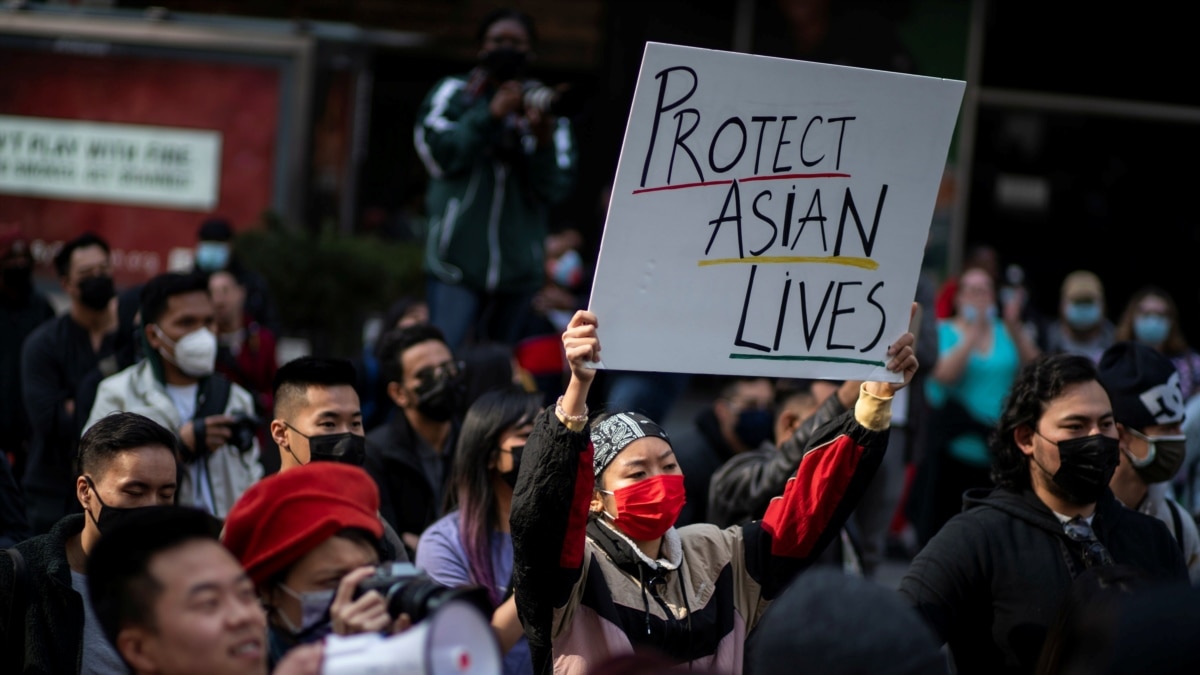
Attacks on Asian Americans Spiked by 164% in First Quarter of 2021
The surge follows a similar spike in major US cities last year
 www.voanews.com
www.voanews.com
As I said, believe what you wish ears and eyes to believe.



